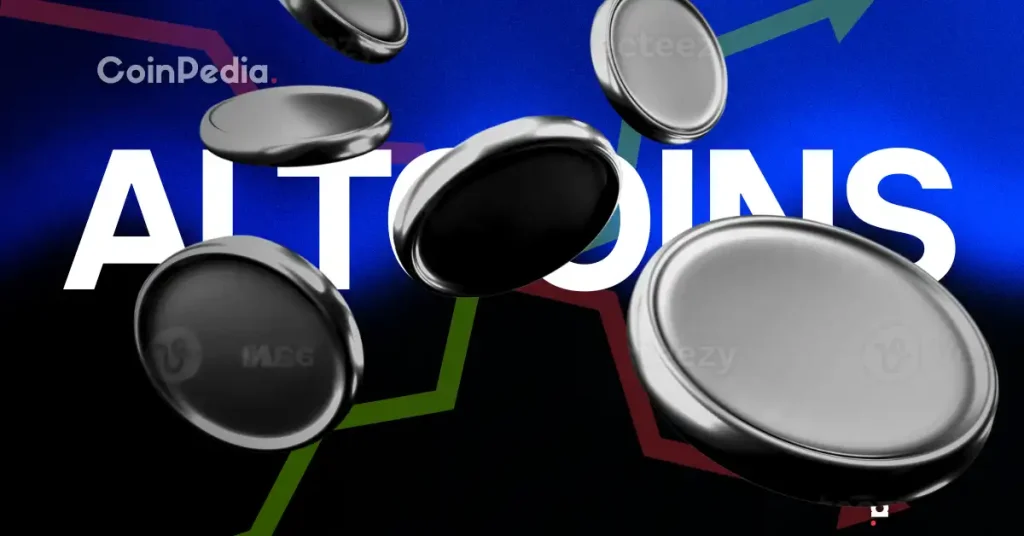The Solana blockchain network prepares for a pivotal upgrade, named Alpenglow (SIMD-0326), which could dramatically cut block validation time from its existing 8-12 seconds window down to just 150 milliseconds. The decision on this crucial enhancement will be made during the upcoming Epoch 840-842, as the network currently stands at Epoch 834. Successful implementation hinges on receiving backing from two-thirds of the collected Yes and No votes.
How Does Alpenglow Work?
Alpenglow introduces a contemporary framework which emphasizes fault tolerance and low latency over Solana’s older systems like Proof of History (PoH) and TowerBFT. At its heart is Votor, a straightforward voting mechanism allowing blocks to be finalized in just one or two rounds. This approach streamlines validator communication, employing aggregated cryptographic proofs to authenticate the outcomes.
What’s the Future for Rotor?
Reducing the heavy traffic traditionally associated with TowerBFT, this new direction anticipates a decline in bandwidth use while bringing about speedier block validation. The design fosters a simpler architecture and reinforces security protocols that were previously ambiguous under the TowerBFT framework.
Rotor, an adjunct protocol, is being positioned to eventually succeed Turbine in terms of data distribution, staging this transition as a distinct shift from Alpenglow. Voting procedures are also undergoing changes; validators will switch to off-chain voting, which is intended to cut costs and lower computational toll. For each epoch, the Validator Admission Ticket (VAT) is affixed at 1.6 SOL.
The overhaul capitalizes on recent distributed systems advancements to better align validator incentives, decrease communication strain, and enhance economic equity. The “20+20 resilience” model ensures operations persist even with 20% malicious validators and another 20% inactive. The community will partake in the governance vote during Epoch 840-842 to deliberate this proposal.
“This transformative update to Solana’s consensus mechanism represents a significant leap toward enhanced efficiency and system robustness,” stated a Solana representative.
Key takeaways from Solana’s proposed Alpenglow update include:
- Block validation time potentially reduced to 150 milliseconds.
- Improved fault tolerance via the Votor system.
- Reduced bandwidth and communication overhead.
- Economic enhancements through off-chain voting and VAT.
- Increased security and formal assurance over prior systems.
With the community vote approaching, stakeholders are keenly observing whether Solana will successfully continue its trajectory of innovation and improvement in blockchain consensus technology.
Disclaimer: The information contained in this article does not constitute investment advice. Investors should be aware that cryptocurrencies carry high volatility and therefore risk, and should conduct their own research.
















 English (US)
English (US)